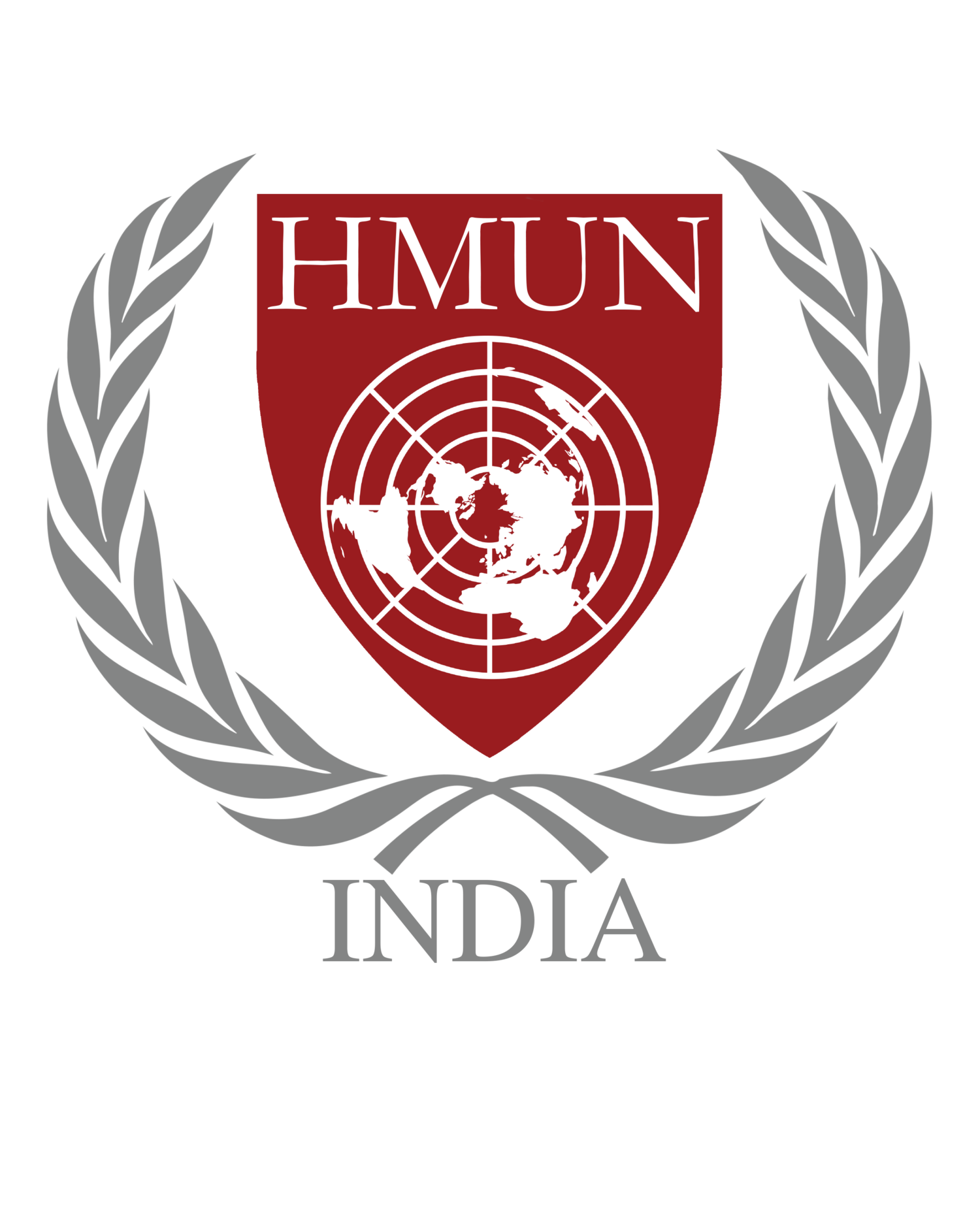Cuban Missile Crisis, 1962
About
In this committee delegates will engage in a historical crisis committee as they model the United States’ Situation Room. It is October, 1962. The air is filled with tension at the growing possibility of nuclear catastrophe. The United States president has called on you to join the situation room as you attempt to neutralize the situation, protect the United States, and assert dominance over the Soviet Union. This committee began when, on October 15, 1962, a reconnaissance aircraft discovered ballistic missiles in Cuba, capable of reaching and launching an attack on the United States mainland. After this happened, the United States had to begin diplomatic, military, and economic interventions to weaken the Soviet Union and Cuba, attempting to ensure the safety of American citizens. This committee will be the decision making organ that in the past enabled eventual success and neutralized the situation. Given that the committee will be set at the beginning of the confrontation, it is crucial to focus on the events that occurred prior to this crisis and not necessarily on the success of the strategies themselves. Following the end of the second world war, the world was left in geopolitical and ideological disarray. So much so that two sides eventually emerged from the issue. On one side, the United States, and their allies, advocated for free trade and capitalism. On the other, the Soviet Union, and their allies, promoted a communist agenda. This led to consistent non-violent direct confrontations and violent non-direct confrontations that are known as the Cold War. At its peak, the Cuban Missile Crisis tested the ability of both powers to avoid direct violent confrontations. Preserving this ideal is what will put this committee test.
Directors
andy trujillo
Andrea Gonzalez Trujillo is a second year student pursuing a joint concentration in Biomedical Engineering and Philosophy with a secondary in Government. She will be directing a Specialized Agencies committee at HMUN India 2025. Andrea is very involved in MUN on campus. She has directed for HMUN, HNMUN, HMUN India 2024, and HNMUN-Latin America 2025. She is also a member of Harvard's competitive MUN team. Andrea is also the Tour & Teach coordinator of the Crimson Key Society and a volunteer at Harvard Square's Homeless Shelter. In her free time, she enjoys trying new restaurants and writing. She absolutely loved being a CD for HMUN India last year and is beyond excited to come back and be in front room with the delegates!
fayyaz razi
Fayyaz is a sophomore at Harvard studying Government with a secondary in Astrophysics. Fayyaz was born and raised in Kalamazoo, Michigan, although he has spent time in Bangladesh, Saudi Arabia, and Singapore while growing up. In the MUN world, Fayyaz currently serves as one of the Head Delegates of Harvard's Intercollegiate Model UN Team and has staffed HMUN Dubai, HMUN Australia, HMUN Boston, and HNMUN. Aside from MUN-related activities, Fayyaz is involved with the Harvard Association for U.S.-China Relations and the Harvard Association for Cultivating Inter-America Democracy. In his free time, Fayyaz enjoys playing pickleball, traveling, cooking with friends, and watching investigative documentaries on YouTube. Fayyaz is very excited to serve as your Director for HMUN India and looks forward to meeting all of you and hearing your innovative solutions to tackling some of the world’s most pressing issues. Best of luck!


